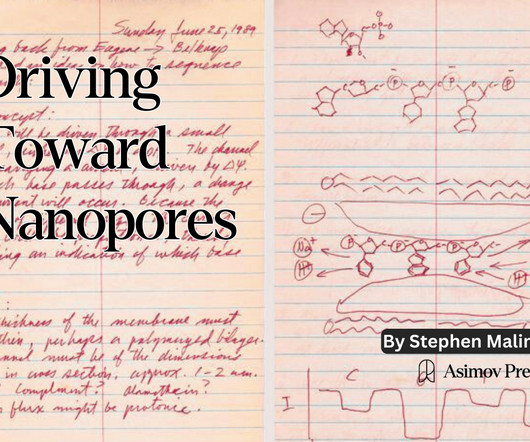The power of combinations in blood cancers
Drug Target Review
NOVEMBER 6, 2023
Advances in disease understanding and combination strategies in haematology We now know that blood cancers are characterised by molecular and phenotypic heterogeneity. These regimens frequently include one or two small molecule inhibitors and immuno-oncology (IO) therapies, such as monoclonal antibodies and T-cell engagers.













Let's personalize your content